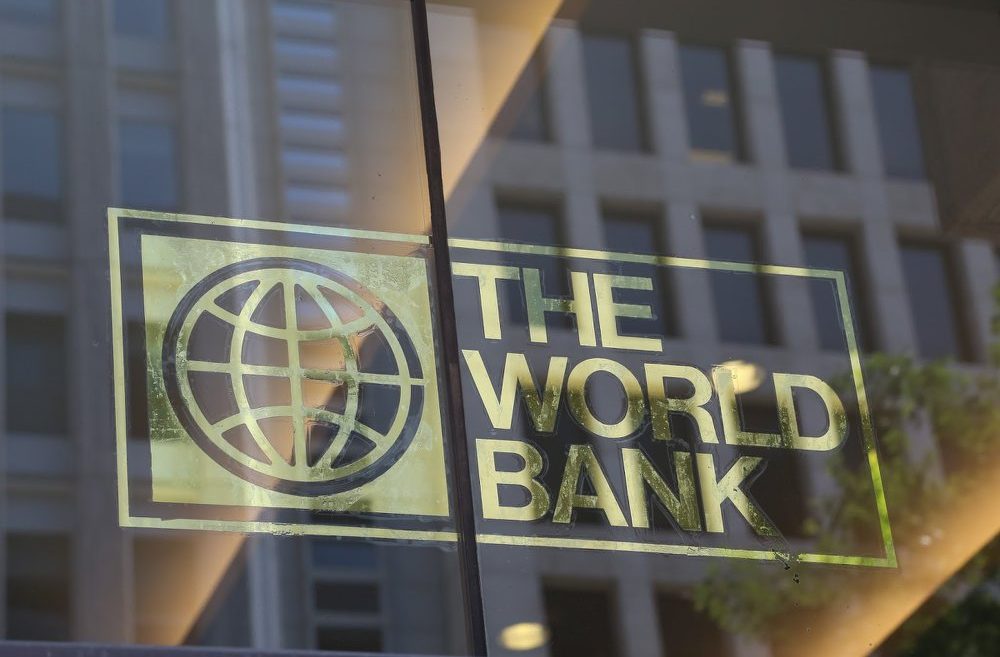Georgia has experienced significant economic growth and poverty reduction in recent years. But the benefits have not been evenly distributed between men and women, according to the 2020 Georgia Gender Assessment, released today by the World Bank (WB).
Poverty rates for women vary substantially depending on educational attainment, marital status, and sociodemographic characteristics. Despite gains in gender equality, the country risks stagnation and even a reversal in some areas amidst the ongoing COVID-19 crisis, WB noted.
“Looking forward, Georgia should prioritize actions to promote the acquisition of relevant skills and, as the report shows, to improve the ability of women to transition into labour markets and entrepreneurial activities,” said Sebastian Molineus, World Bank Regional Director for the South Caucasus. “These priorities can expand women’s economic opportunities and empower women across other aspects of wellbeing and development,” he stated.
WB stressed that women also face more limited access to economic opportunities compared to their male counterparts. Georgia’s gender gap in labour force participation stands at 19 percentage points. The wage gap results in men earning 16 percent more than women after controlling for differences in demographic and job characteristics. Besides, women’s occupational and sectoral segregation locks them in economic activities with lower earnings and tends to exclude them from Science, Technology, Engineering, and Math (STEM) fields. Meanwhile, limited access to finance and other barriers can limit women’s entrepreneurial potential.
In the Europe and Central Asia region, the pandemic has further exacerbated gender vulnerabilities, where women are faced with immense stress in balancing paid and unpaid work with family and childcare needs, as well as keeping their businesses afloat. In Georgia, recent survey evidence indicates that women have been more likely than men to leave employment since the breakout of COVID-19. Similar to other countries, limited data is a major barrier to understanding and addressing gender-based violence (GBV) in Georgia. Available data suggests that 6% of women suffer lifetime physical and/or sexual violence from their partners, WB added.
The World Bank Group vowed that it would continue to support the government, civil society, and other development partners in promoting gender equality for Georgia and its people.
